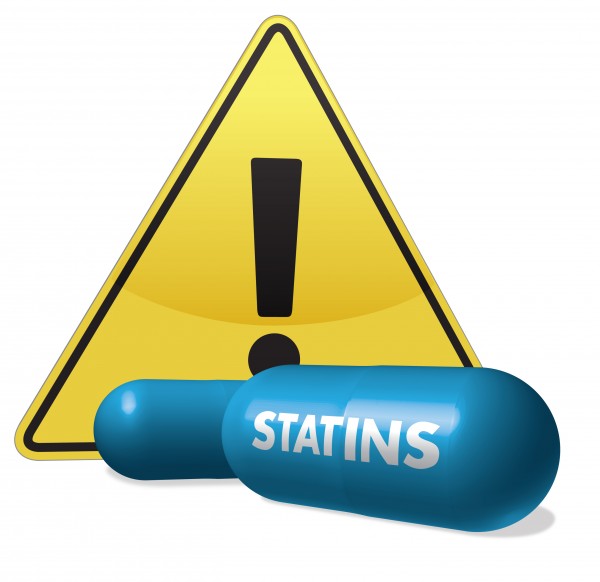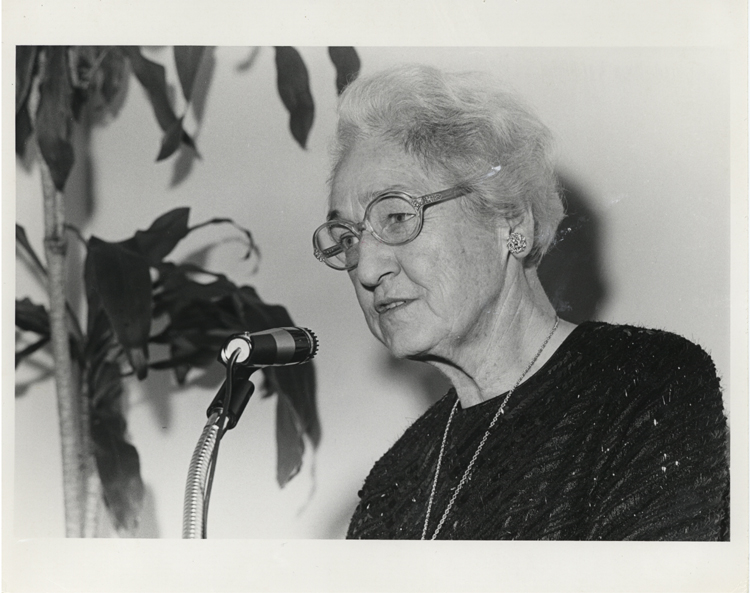
A recent study found that cardiologists do not usually prescribe statins for diabetes patients
A new study found that cardiologists do not usually prescribe statins for diabetes patients although the medicine is known to lower cholesterol levels which is highly advised when encountering this disease.
Almost two out of five patients are not prescribed the drug which was proved during previous research that could reduce the risk of stroke and heart attack.
By analyzing data in the United States from 204 cardiology practices, the findings showed that 38 percent of middle-aged diabetes patients have not been advised to take statins.
The American Heart Association along with the American College of Cardiology have recommended that any 40 years or older diabetic should be prescribed statins.
Dr. Robert Eckel, the director of atherosclerosis for the Academy of Colorado School of Medicine and former chairperson of the American Heart Association, said that he was expecting at most 15 to 20 percent of diabetes patients would not be on statins treatment. He believes that the current rate of almost 40 percent is unacceptable.
Even after considering the individual patient factors such as gender, race, age, high blood pressure, tobacco use, insurance coverage and high cholesterol, the fluctuations in the prescription medicine methods was still 57 percent. It could mean that out of two similar patients being treated at two different cardiology practices, one would be 57 percent more inclined to be guided to take statins than the other.
For the research 215,193 records of patients aged 40 to 75 were analyzed. The patients visited physicians between May 2008 and October 2013. The study showed that the 62 percent of individuals that were prescribed statins were usually the ones with more risk factors that threatened their heart health.
Some patients weren’t prescribed the medicine because of its side-effects like muscle pains. Researchers removed 5,722 patients from their study because of documented statin intolerance and they also considered that some of the patients were not given the drug because of undocumented intolerance to the medicine.
However, the lead author of the research said that an individual must not be entirely taken off the drug if showing signs of intolerance. He also mentioned that doctors should focus more on how to reduce future risks like stroke and heart attack and not just try to solve the current problem that brought them face to face with their patient.
Image source: Wikipedia
Latest posts by Karen Jackson (see all)
- Intoxicated South Carolina Man Punches Waitress Who Refused to Serve Him Alcohol - June 29, 2018
- Restaurant Manager Arrested and Charged in Shooting Death of Co-Worker over Negative Yelp Reviews - June 20, 2018
- Minnesota Teen Gets Head Stuck In Oversized Tailpipe Winstock Music Festival - June 18, 2018










